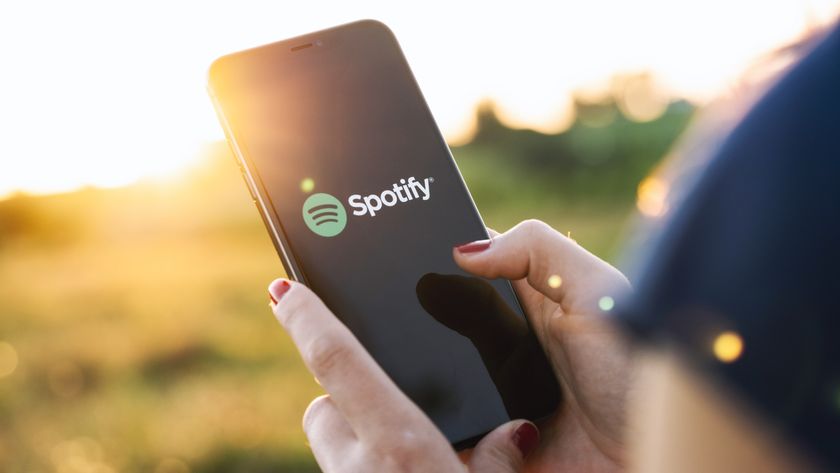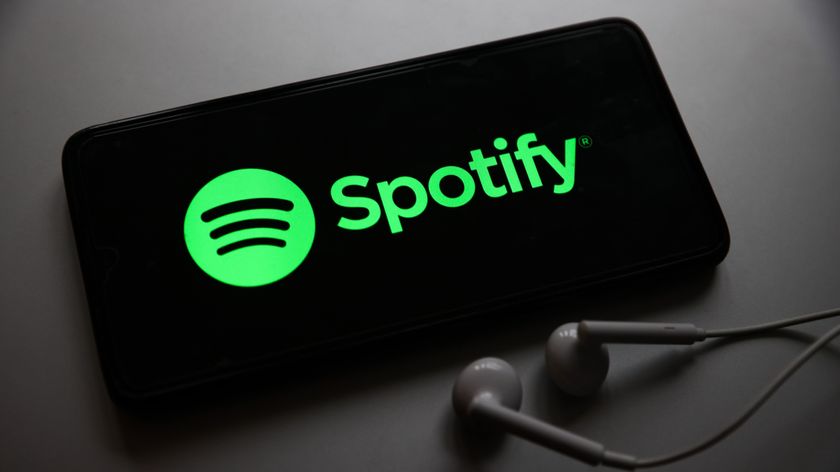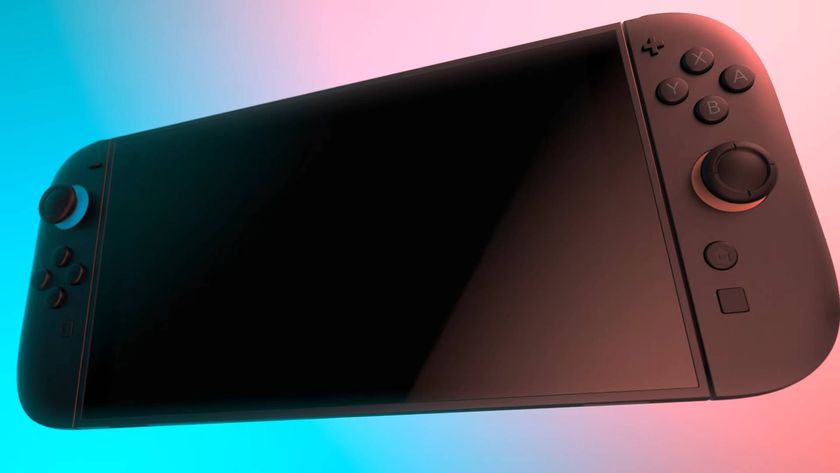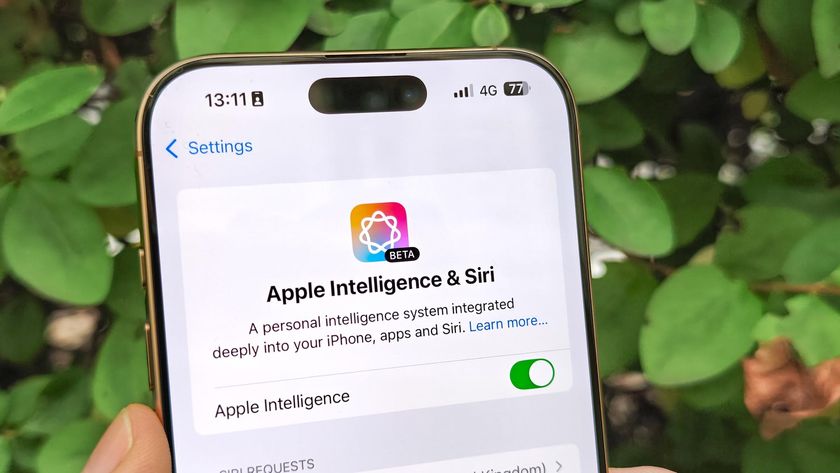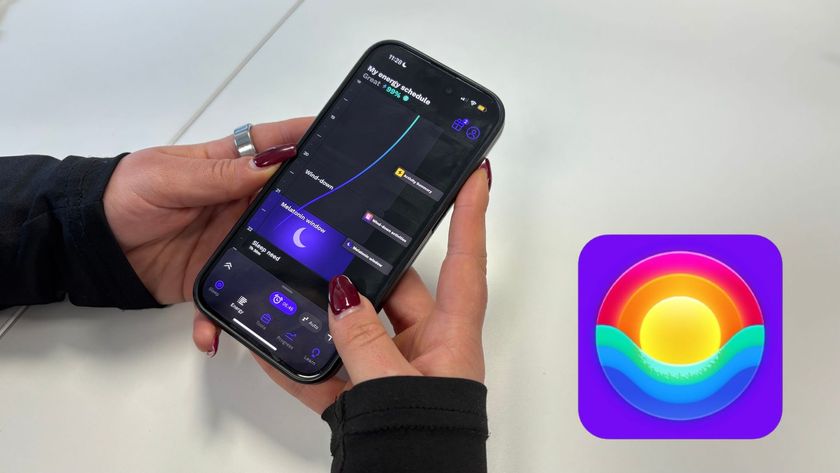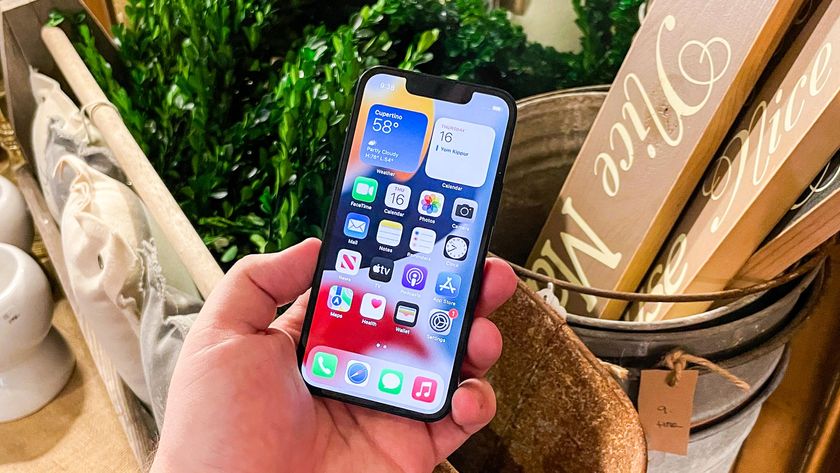What Coldplay Snubbing Spotify Means for Digital Music
This article was originally published at The Conversation. The publication contributed the article to Tom's Guide's Expert Voices: Op-Ed & Insights.Coldplay has barred music streaming service Spotify from adding their latest album Ghost Stories to i


This article was originally published at The Conversation. The publication contributed the article to Tom's Guide's Expert Voices: Op-Ed & Insights.
Coldplay has barred music streaming service Spotify from adding their latest album Ghost Stories to its database, sparking a debate about the sustainability of the streaming model.
Coldplay signed an exclusivity deal with Apple so that the album will only be available on iTunes for the time being.
But those who think that Apple is taking a defensive step or attempting to win music lovers back to the download model should think again. Apple is now a full convert to streaming and this is its chance to dominate.
Having recently hit 10 million paid users, Spotify has found itself coming under fire for its conversion of consumers from music buyers to music streamers.
There are concerns that these new consumer listening habits are unsustainable and it is only through restrictive interventions like Apple’s that we can protect the artists and support creativity.
But the music industry underwent a similar shift in the 2000s. This crisis of sustainability follows a familiar pattern of conflict between a particular business model, and new habits of media consumption.
The download generation
The last wave of digital disruption was synonymous with names like Napster, Grokster, Kazaa, and Limewire. This was the wave that moved the listening public away from discs and on to downloads.
Rather than emerging from the media market, music circulated in a hackers' market, populated by software developers who shared common values. They believed in the freedom of information, distrusted technological restriction and had an urge to tinker.
The market of peer-to-peer piracy that sprung up from this potent combination sought to distribute media with maximum efficiency, minimum cost and no restrictions on consumption practices.
This user-centric approach to listening dominated the formative years of digital distribution, catering to the habits of music fans at the expense of intellectual property rights and the concerns of industry.
The industry sought to adapt to such rapid transformations brought upon them but consumers formed new habits in tandem with the values of the hackers market. For the first time, the listeners wrote the rules. They decided what digital media was and what it was for.
The legitimate services offered during this wave – such as Pressplay and MusicNet – performed poorly because they placed restrictions on users that clashed with the hacker’s definition of digital media. Files from these services self-destructed after 30 days, would only play in approved software, would not play in mobile devices and required the installation of invasive surveillance software.
These services were rights-centric. They attempted to push back against the new practices of digital listening based on an old business model.
Unsurprisingly, consumers returned to the hackers market. The legitimate market only started to fight back when iTunes launched with a model that mimicked the user-centric system and offered many of the same freedoms.
Streaming into a second wave
Today, the battle between Apple and Spotify represents a new wave of digital disruption. Habits have moved on, now with a greater focus on access, selection and discovery, rather than collection, cultivation and ownership.
The old model is now represented by iTunes, with Spotify the disruptor. The streaming service provides a form of digital listening that comes into conflict with the now established business model.
The iTunes exclusivity of Ghost Stories represents the restriction on consumption, an attempt to shape listening habits.
It’s a familiar story but there is a difference. Many commentators have noted, that this exclusivity is not about protecting an old model but about competing in the new one.
Exclusivity displaces consumers from competitors by demanding consumers alter their consumption practices. Spotify streamers no longer cultivate a personal music collection but Apple is attempting to push them back into doing just that.
However, the last wave demonstrated that when legitimate services restrict new consumer practices, consumers are tempted back into the hackers market.
Ultimately it seems that Apple is aware of this. Its acquisition of Beats Electronics, along with its streaming service, will enable it to join the so-called “unsustainable model”, making it simply “the model”.
MORE: Apple Buying Beats: What It Means For You
This conflict, rather than an attempt to guard against new habits of music consumption, is an attempt to remain dominant during another disruptive shift. One that once again may transform what digital media is and what it is for.
James Allen-Robertson has received funding from the ESRC for his research. He is a member of the Open Rights Group.
This article was originally published on The Conversation. Read the original article. Follow all of the Expert Voices issues and debates — and become part of the discussion — on Facebook, Twitter and Google +. The views expressed are those of the author and do not necessarily reflect the views of the publisher. This version of the article was originally published on Tom's Guide.
Sign up to get the BEST of Tom's Guide direct to your inbox.
Get instant access to breaking news, the hottest reviews, great deals and helpful tips.
Tom's Guide upgrades your life by helping you decide what products to buy, finding the best deals and showing you how to get the most out of them and solving problems as they arise. Tom's Guide is here to help you accomplish your goals, find great products without the hassle, get the best deals, discover things others don’t want you to know and save time when problems arise. Visit the About Tom's Guide page for more information and to find out how we test products.

